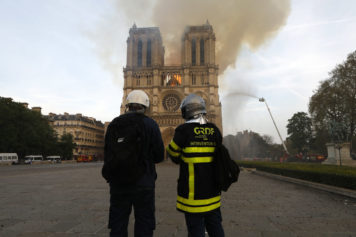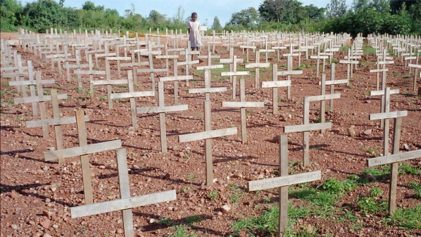In a matter of weeks, Malian forces led by French troops are on the cusp of regaining control of northern Mali previously seized by Islamist rebels. France entered the conflict just two weeks ago, and already the rebels have been pushed back on their heels, as the campaign reaches the famed city of Timbuktu.
France has led an aggressive march through the north, launching about 20 airstrikes in the Gao and Timbuktu regions over the weekend. The French troops and Malian army managed to seize Timbuktu airport on Sunday, setting the stage for the re-capture of the city. French troops reportedly suffered no casualties, while an estimated dozen rebels were killed in the battle.
“I am standing on the tarmac of Timbuktu airport that was recaptured by Malian forces this evening. French forces are here as well now,” an Aljazeera correspondent reported. “The next stage is to go into the city of Timbuktu, maybe in the early hours tomorrow.”
Timbuktu has been a center for trade and Islamic history for centuries. It is believed that 333 Muslim saints are buried in the city. There are concerns that direct conflict within the city could cause serious damage to historic sites, but a senior Malian officer reported that the troops were nearing the city “without meeting any resistance.”
Mali’s rebels are comprised of several Islamist groups, including Ansar Dine and Movement for Oneness and Jihad in West Africa (known by its French abbreviation MUJAO). This last group has been linked to al-Qaida in the past, raising the perceived threat of the rebel forces in the eyes of the West. Several rebel groups belong to the country’s Tuareg ethic group, and are fighting to establish their own state in the north of Mali.
Even as France leads the quick dispersal of the rebel threat, Mali will be charged with maintaining control of the region against foes who may be separated, but not completely defeated. Particularly because the rebellion is not centralized, there is a possibility of resurgence should foreign troops exit prematurely.

